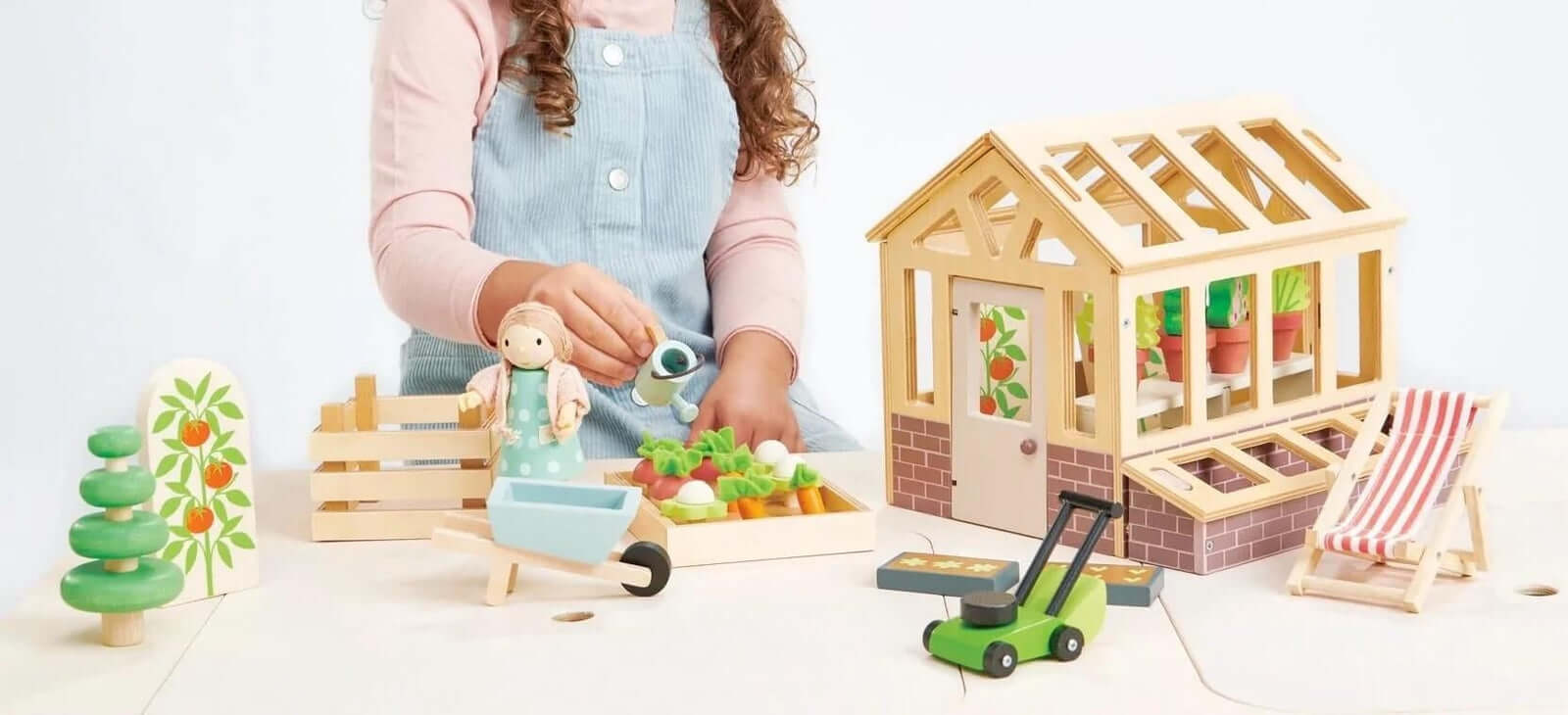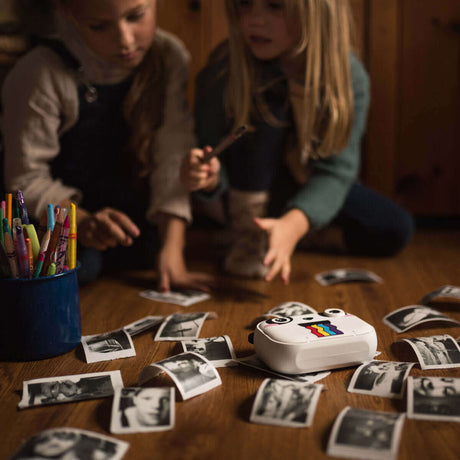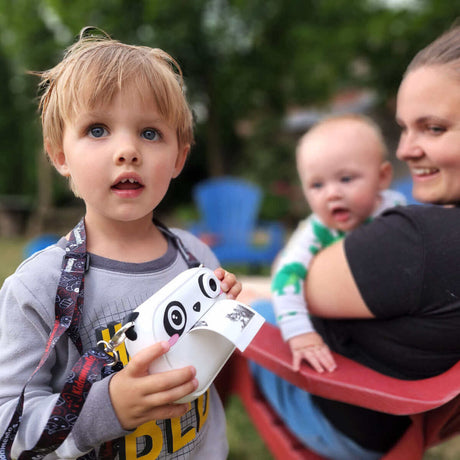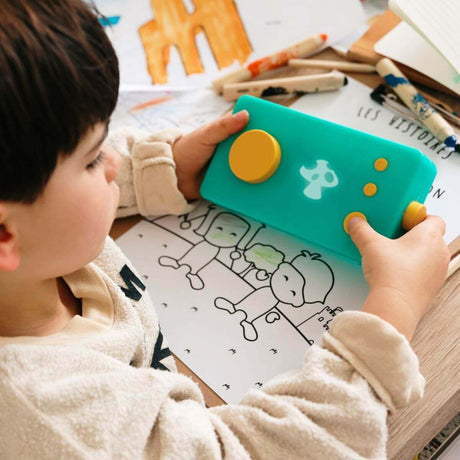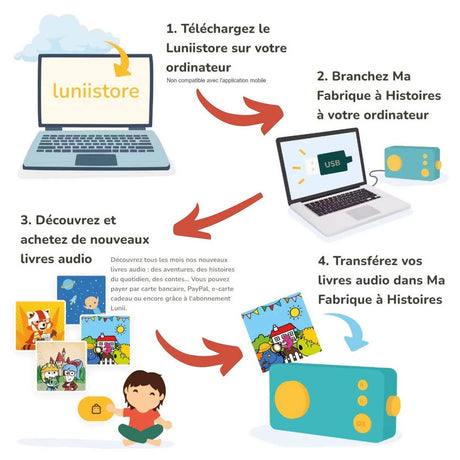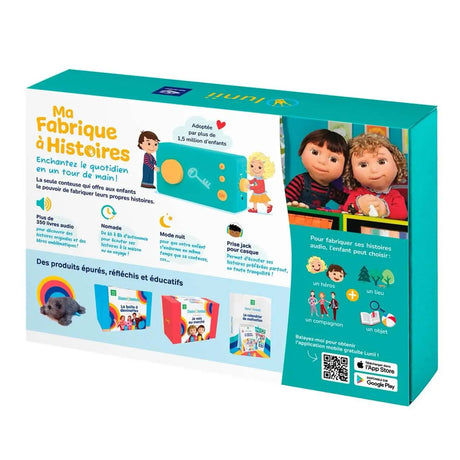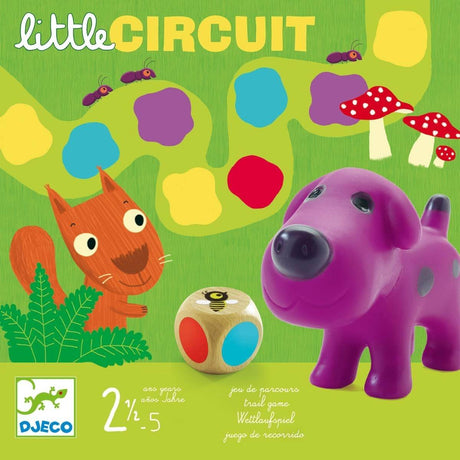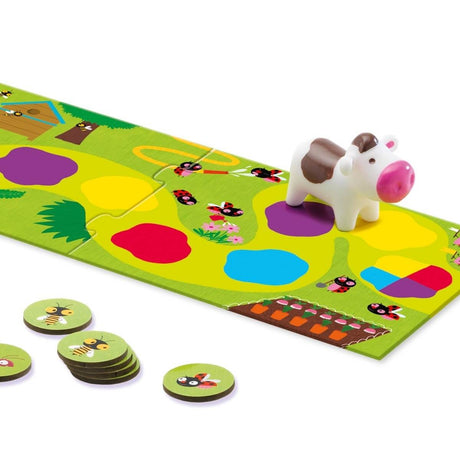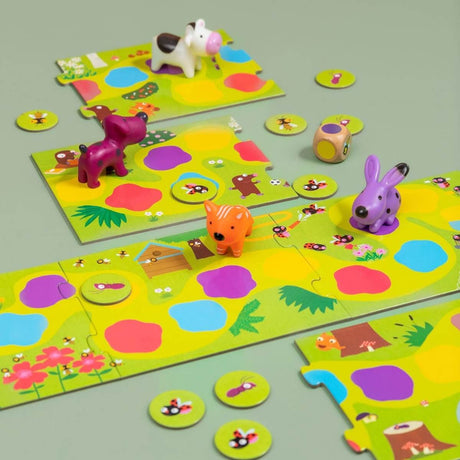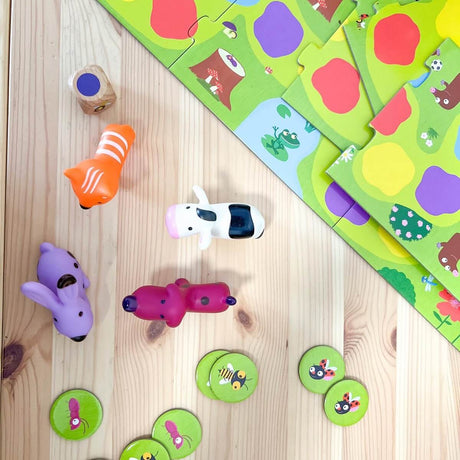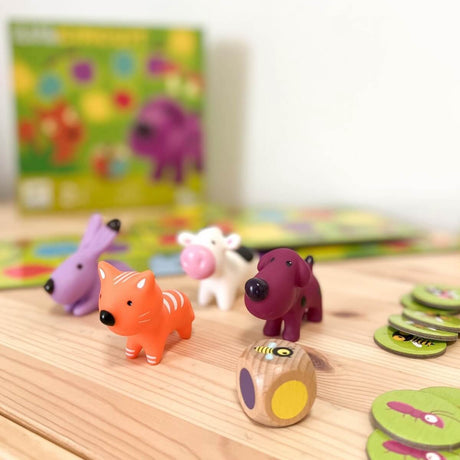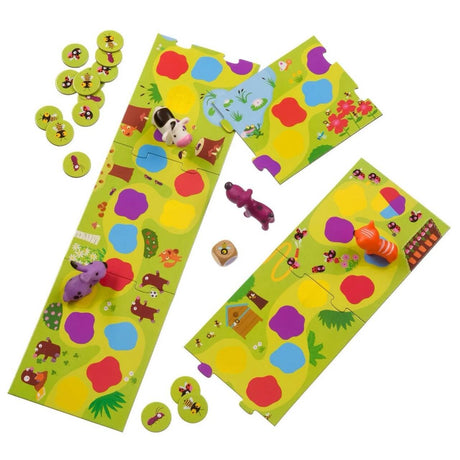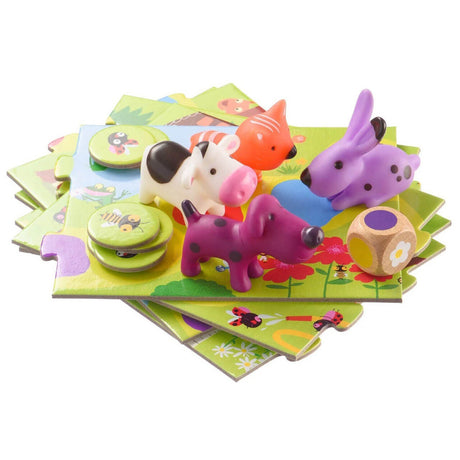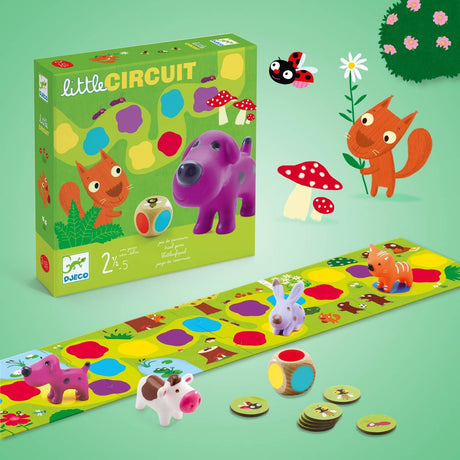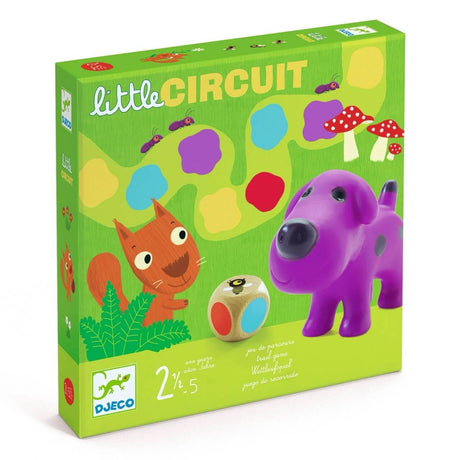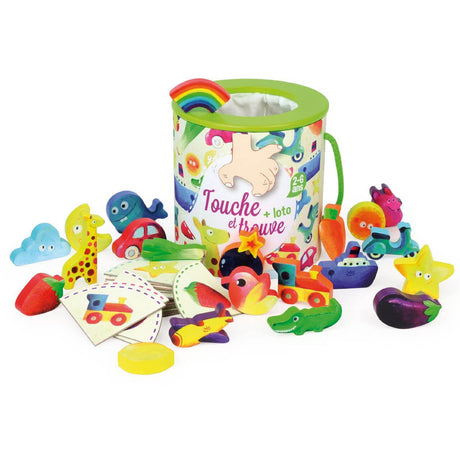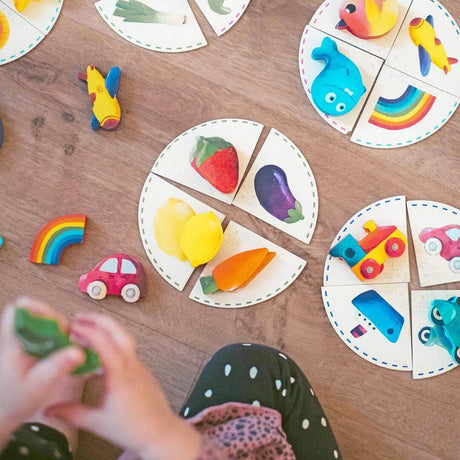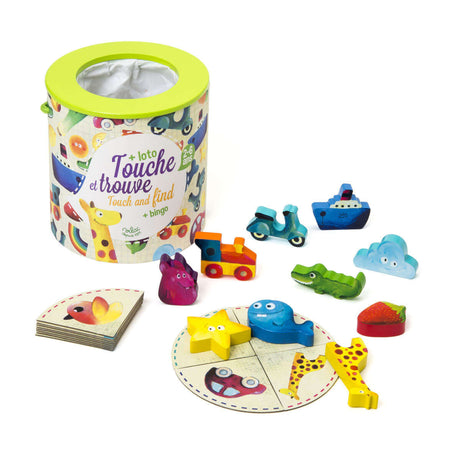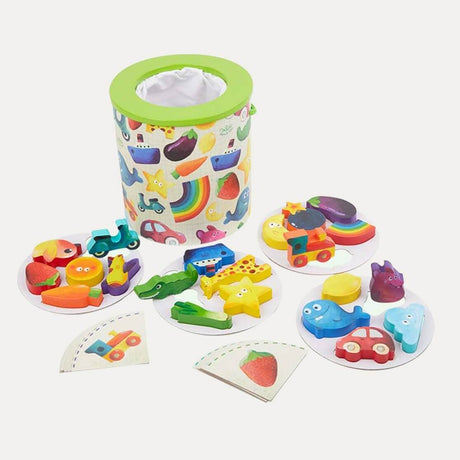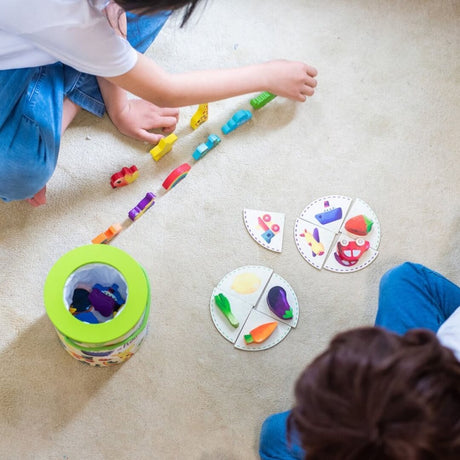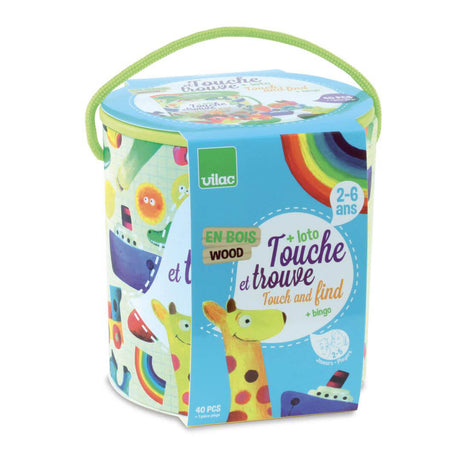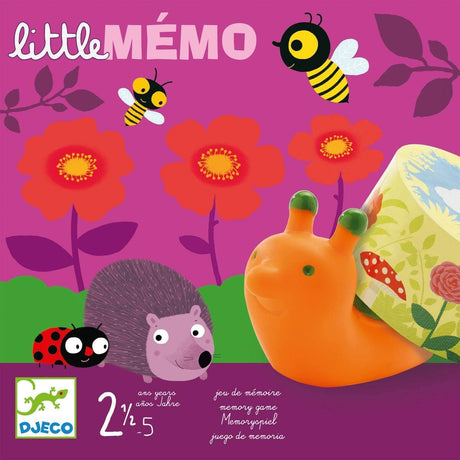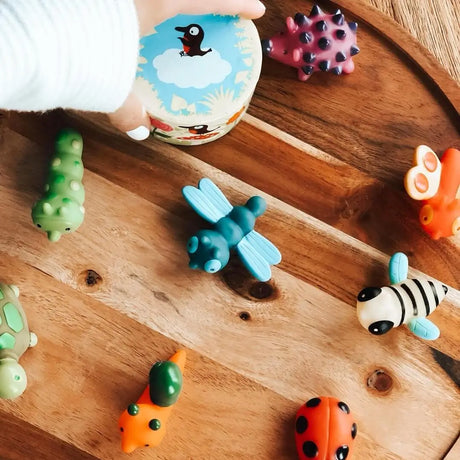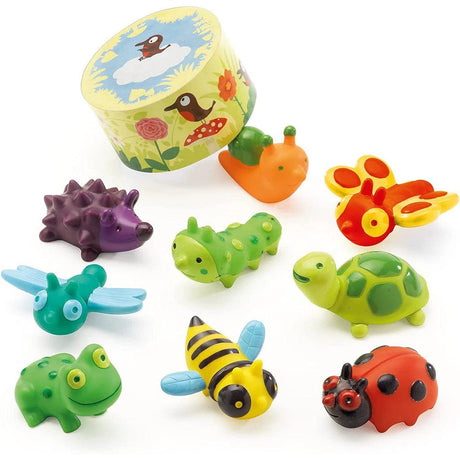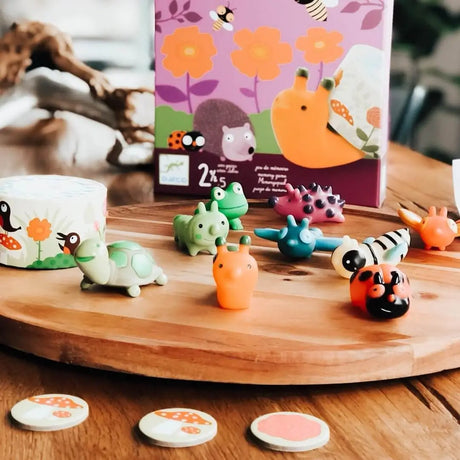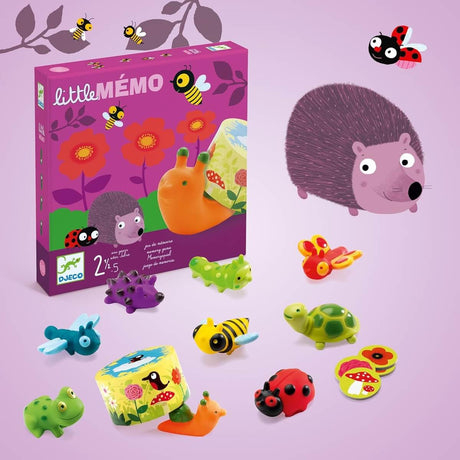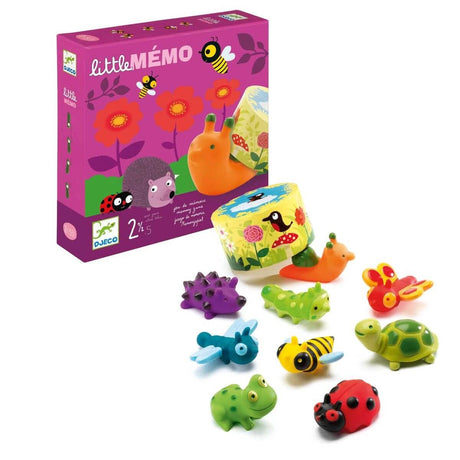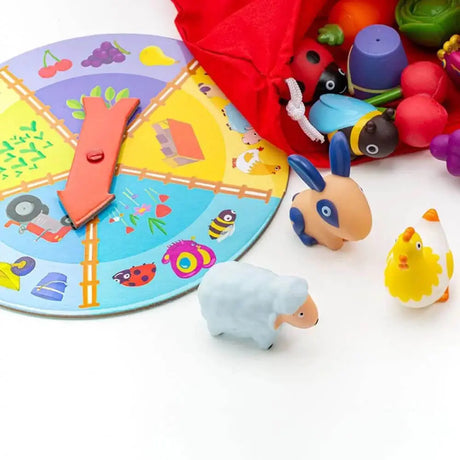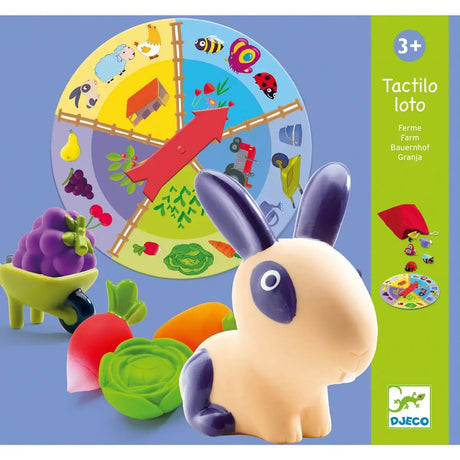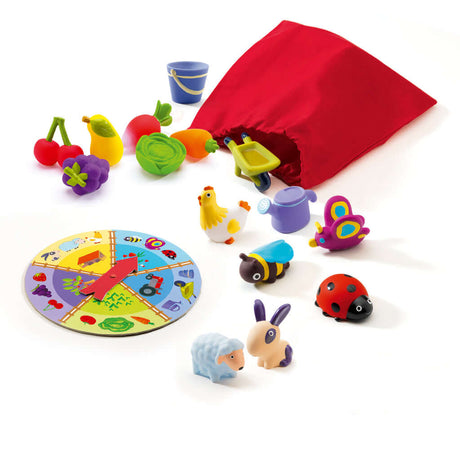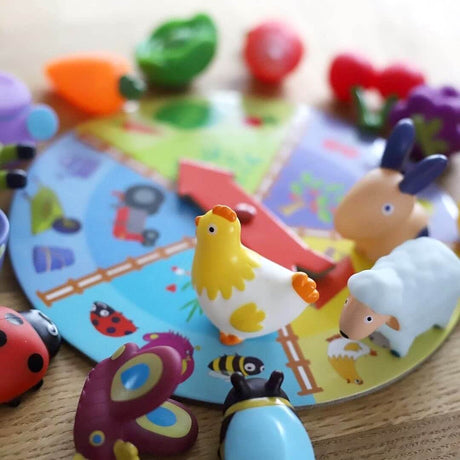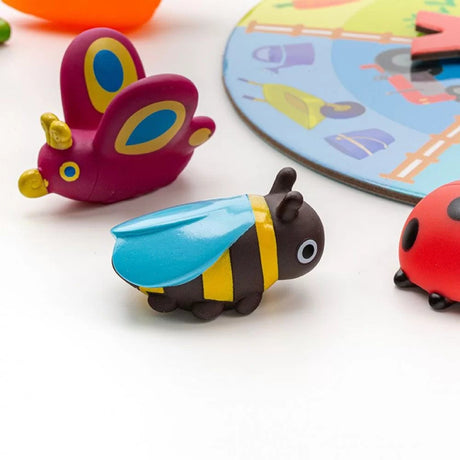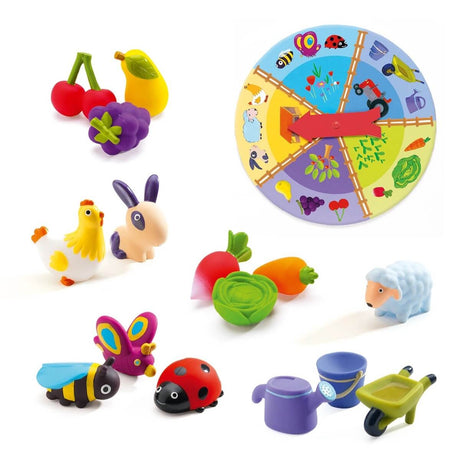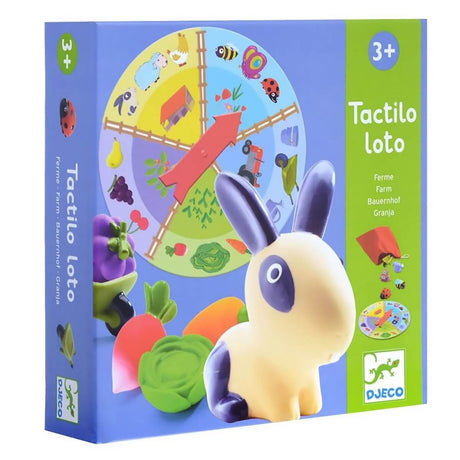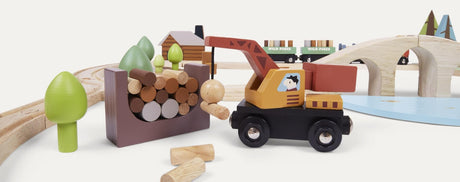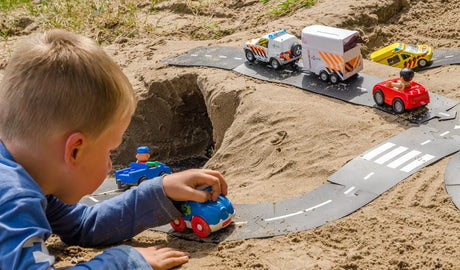Why introduce children to gardening?
Gardening is a fun and educational activity for children. It helps them develop their motor skills, their curiosity and their sense of responsibility. In addition, gardening allows them to reconnect with nature and understand the importance of respecting our environment.
What age to start gardening with children?
There is no specific age to start gardening with children. However, since babies tend to put everything in their mouths, it is advisable to wait until at least the age of one to start gardening with your child. From this age, the child also has more strength and a greater ability to concentrate.
As soon as they are able to hold a tool and understand instructions, they can participate more actively in gardening activities. Generally, children can start gardening at the age of 3.
The benefits of gardening for children
Gardening has many benefits for children, both physically and psychologically:
- Development of fine and gross motor skills thanks to the precise gestures and movements necessary for gardening.
- Acquisition of knowledge about nature , plants, animals and seasons.
- Awareness of ecology and respect for the environment.
- Improved concentration and patience by following the stages of plant growth.
- Strengthening the emotional bond between children and adults by sharing a common activity.
Stimulating the senses through gardening
Gardening offers a unique opportunity to stimulate children's senses while introducing them to nature and the life of plants. Here’s how this activity can awaken their senses:
- Touch : by manipulating the earth, seeds, tools and plants, children develop their sense of touch and refine their dexterity.
- Sight : the varied colors of flowers, vegetables and fruits captivate children and stimulate their visual curiosity.
- Smell : by breathing the scents of flowers, aromatic plants and the earth, children discover a rich and diverse olfactory universe.
- Taste : by tasting the fruits and vegetables they have grown, children learn to appreciate natural flavors and recognize the different species.
- Hearing : sounds from the garden, such as birdsong, insects buzzing and leaves rustling, sharpen children's listening skills and immerse them in a soothing sound environment.
By engaging their five senses, gardening promotes the development of children and allows them to develop a harmonious relationship with nature.
The development of motor skills
Gardening actively participates in the development of children's motor skills, both in terms of fine motor skills and gross motor skills. Here is how this activity promotes the development of their motor skills:
- Fine motor skills : by handling small tools, delicately sowing seeds or making precise movements to weed, children improve their dexterity, coordination and manual agility.
- Gross motor skills : the wide movements necessary for digging, digging, watering or even carrying light loads use the large muscle groups and strengthen the general coordination of the body.
- Muscle strength : By regularly using their muscles to garden, children develop muscular strength and endurance, which allows them to progress in other physical activities.
- Balance and posture : By adopting different positions when gardening, such as crouching, bending or standing up, children learn to master their balance and maintain correct posture.
- Body awareness : By experimenting with various gardening activities, children become aware of their bodies, their limits and their capabilities, which allows them to adapt their movements accordingly.
Gardening is therefore an excellent way to help children develop their motor skills while offering them a fun and educational outdoor activity. By practicing regularly, they acquire essential skills that will serve them throughout their lives.
Patience and satisfaction
Gardening teaches children the value of patience and gives them a unique sense of satisfaction. Here is how this activity contributes to their emotional development:
- Patience : by following the natural rhythm of plant growth, children learn to wait and respect the different stages of the plant life cycle. They understand that some things cannot be accelerated and that patience is necessary to obtain good results.
- Satisfaction : By reaping the fruits of their labor, children experience great pride and personal satisfaction. They realize that their efforts and perseverance have made it possible to obtain a tasty and abundant harvest.
- Self-confidence : By successfully growing and caring for plants, children develop their self-confidence and self-esteem. They feel competent and capable of accomplishing important tasks.
Thus, gardening allows children to cultivate patience and enjoy the satisfaction of the work accomplished, while strengthening their self-confidence and their ability to take on new challenges.

Child-friendly gardening tools
Even very young, children are capable of carrying out certain tasks: watering, planting seeds, digging holes, pulling weeds, removing dead leaves, spreading mulch with their hands, harvesting vegetables, etc.
To ensure that your child feels comfortable and does not get injured, it is recommended to choose gardening tools suited to their size and strength. Here is a list of essential tools for small gardeners:
- A small watering can : to teach them how to measure the water needed for the plants.
- A shovel and a rake : to prepare the land and weed.
- A transplanter : for planting seeds and young plants.
- Gardening gloves : to protect their hands from possible cuts and irritations.
- An apron or coveralls: to protect them from stains and dirt.
Don’t hesitate to take a look at our collections of nature-themed games, toys and activities .
* * *
Gardening is an enriching and fun activity for children. It allows them to reconnect with nature, learn to respect our environment and develop numerous skills.
So don’t hesitate to share this passion with your little budding gardeners and offer them activities adapted to their age and abilities. They will gain valuable lessons and beautiful memories.

